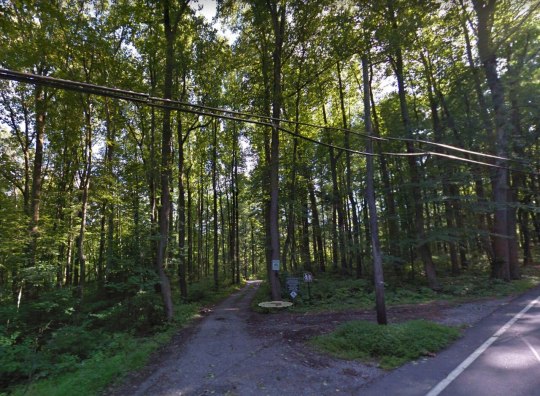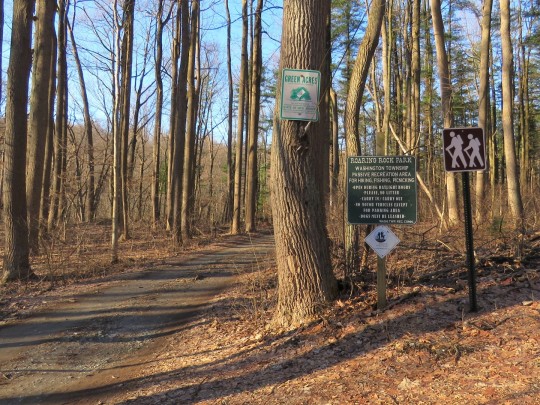By Laura Oltman

The March 5, 2021 article regarding logging of Roaring Rock Park in Washington Township accurately portrayed some key points made during the special meeting on the logging plan held by the township committee. The forester who created the park logging plan spoke at length about it. A forest ecology professor from Drew University debated the alleged ecological benefit of logging a forest. I am not an expert in biology or forestry and won’t speak to these topics, but I have read the forestry plan and I know what it says. In the public record of discussion about the park and in the forestry plan itself, the clearly stated goal of logging is to sell wood products. The forestry firm will earn 20% plus fees from the harvest and a logging company will be paid to carry out logging.
The most important topic concerning Roaring Rock Park is government turning over public trust resources of the park to private interests for financial gain without conducting a stakeholder process or otherwise notifying the public in advance of a plan to significantly damage the character and natural resources of this woodland park. The park was purchased with taxpayer dollars through the New Jersey Green Acres program. It belongs to every resident of New Jersey. Commercial logging in publicly owned parks is a perfect example of privatizing gains while socializing losses. As an expert taxpayer, I can say this is a raw deal.

Volunteers in Washington Township built a network of woodland hiking trails in the park. The Warren Highlands Trail, a 52-mile long spur of the long-distance Highlands Trail extending from New York to Pennsylvania, traverses Roaring Rock Park. Brass Castle Creek, which runs through the park, is designated by New Jersey Fish and Wildlife as a Wild Trout Stream due to its naturally reproducing brook trout population. Brook trout is the only native New Jersey trout species.
How much will people enjoy hiking on rutted logging roads while listening to chainsaws and trucks in the woods? Will it be safe for kids to be in the park when logging is going on? Will there be any native brook trout able to survive in Brass Castle Creek after it is silted from vehicles driving through it and erosion from logged hillsides pouring into it? What will happen to neighboring properties when stormwater is no longer absorbed by tree roots and cascades unimpeded down steep slopes onto their property?

The forestry plan describes these and other problems likely to require remediation but there is no specific plan or cost estimate for accomplishing it. There is no guarantee that reforestation would work because of deer browse and invasion of non-native plants. It is extremely difficult and expensive to battle deer browse and weeds, as any homeowner can tell you. The forest as it is now took 100 years or more to develop. Park users will not see this forest again in their lifetimes.
Who will fix things after logging? There is no “after”. Forestry is a long game. The current logging plan lasts 10 years, but the goal is creating an ideally stocked forest of the largest and most valuable trees for continual harvest.
This is not what New Jersey taxpayers wanted or paid for with Green Acres funding. It is wrong and needs to stop now.
Laura Oltman is a member of the New Jersey Highlands Coalition Natural Heritage Committee. She lives in Phillipsburg.
Source: LehighValleyLive.com Opinion


No comments:
Post a Comment
Comments are subject to our Terms of Use